Until further notice, the applicants should use pre-September 5, 2017 applications, 2017 edition forms, instructions, fees.
I-821D direct filing address depends on your state of residence.
Don't forget to include form I-765 and I-765WS (worksheet explaining your economic necessity).
Please note that you can't file a new DACA application if you had never had it approved before. You can't file an application for advance parole (travel document). This announcement applies only to DACA renewal applications.
Additional information will be forthcoming.
#DACA #DACADreamers #DACARenewal #DREAMAct #Dreamers
Details of this announcement are here.







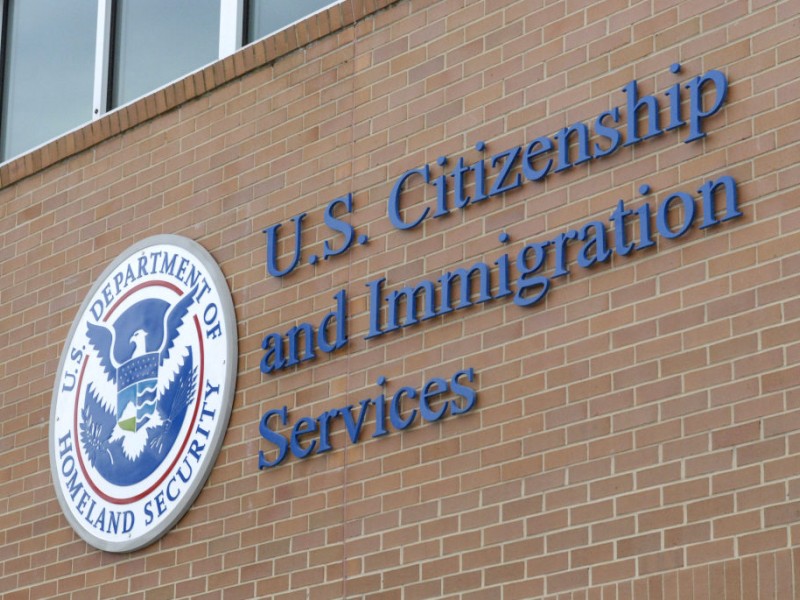
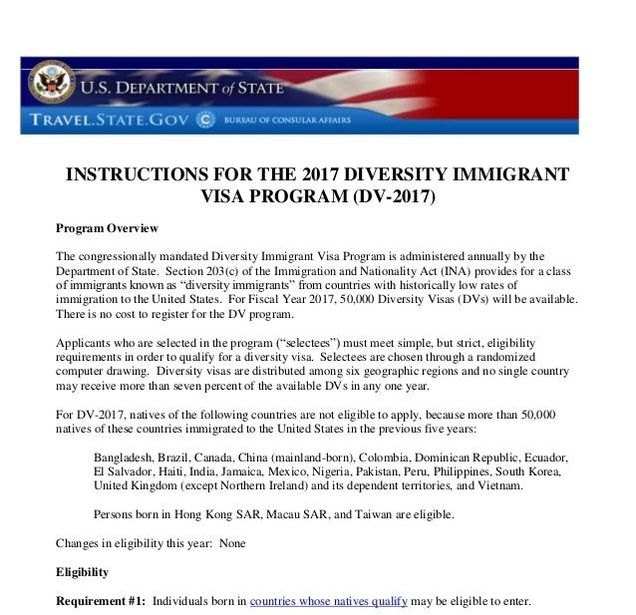

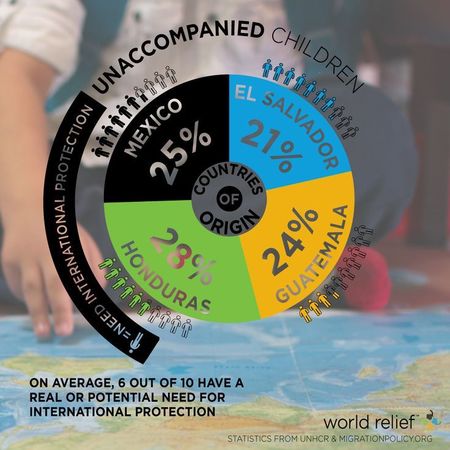
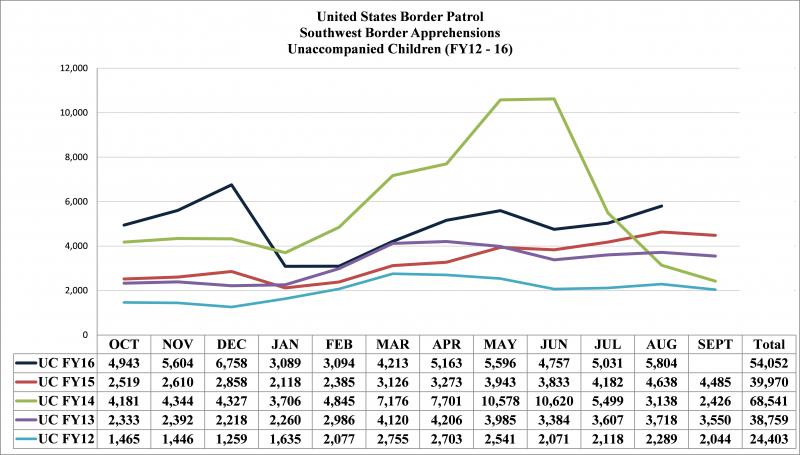
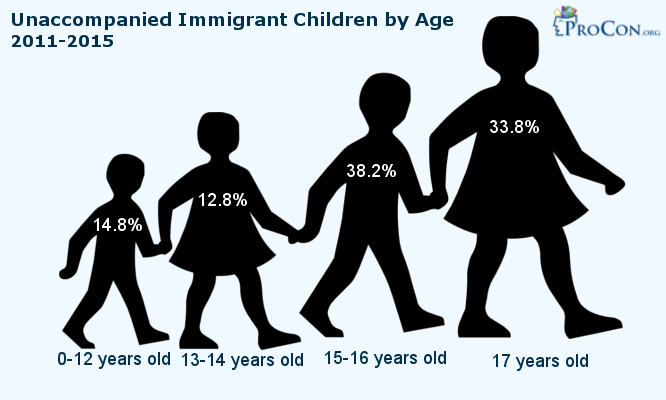

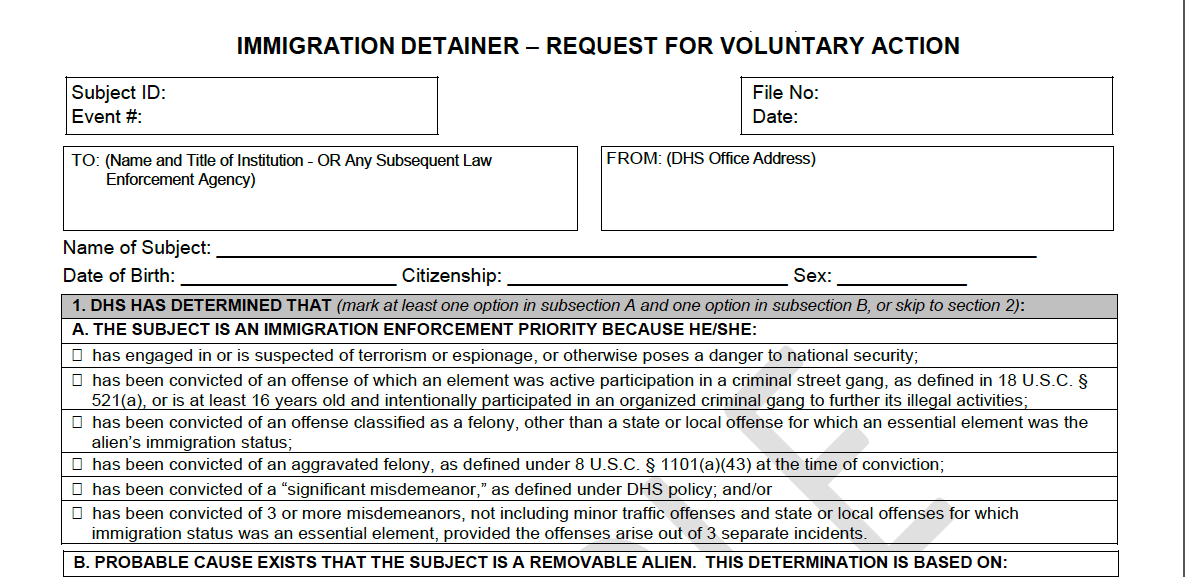

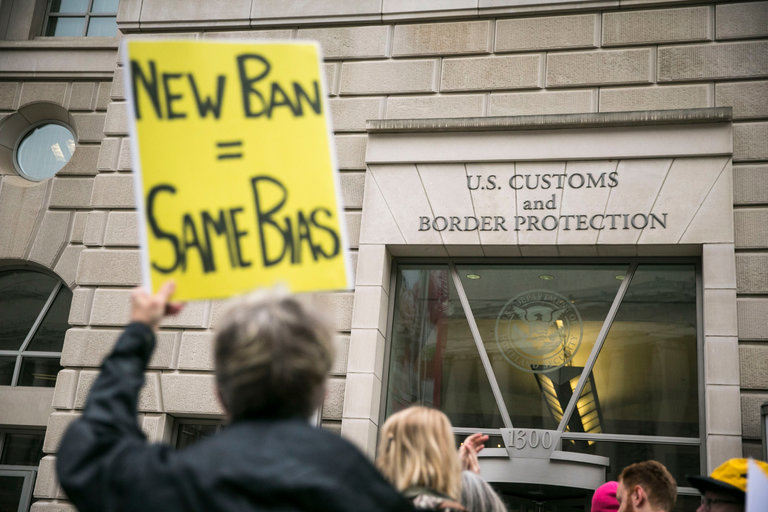
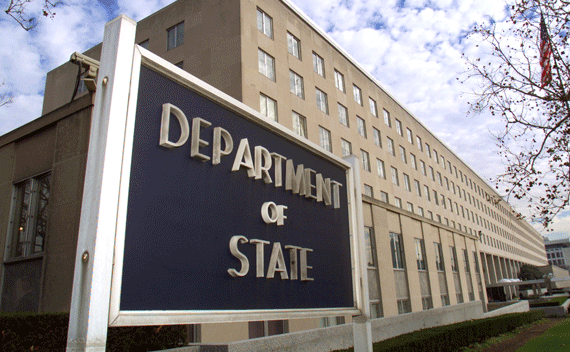


 RSS Feed
RSS Feed